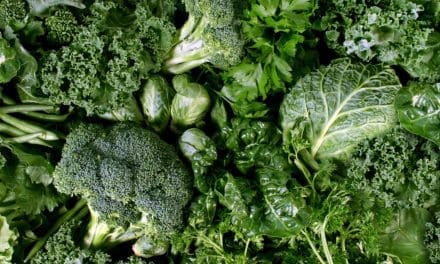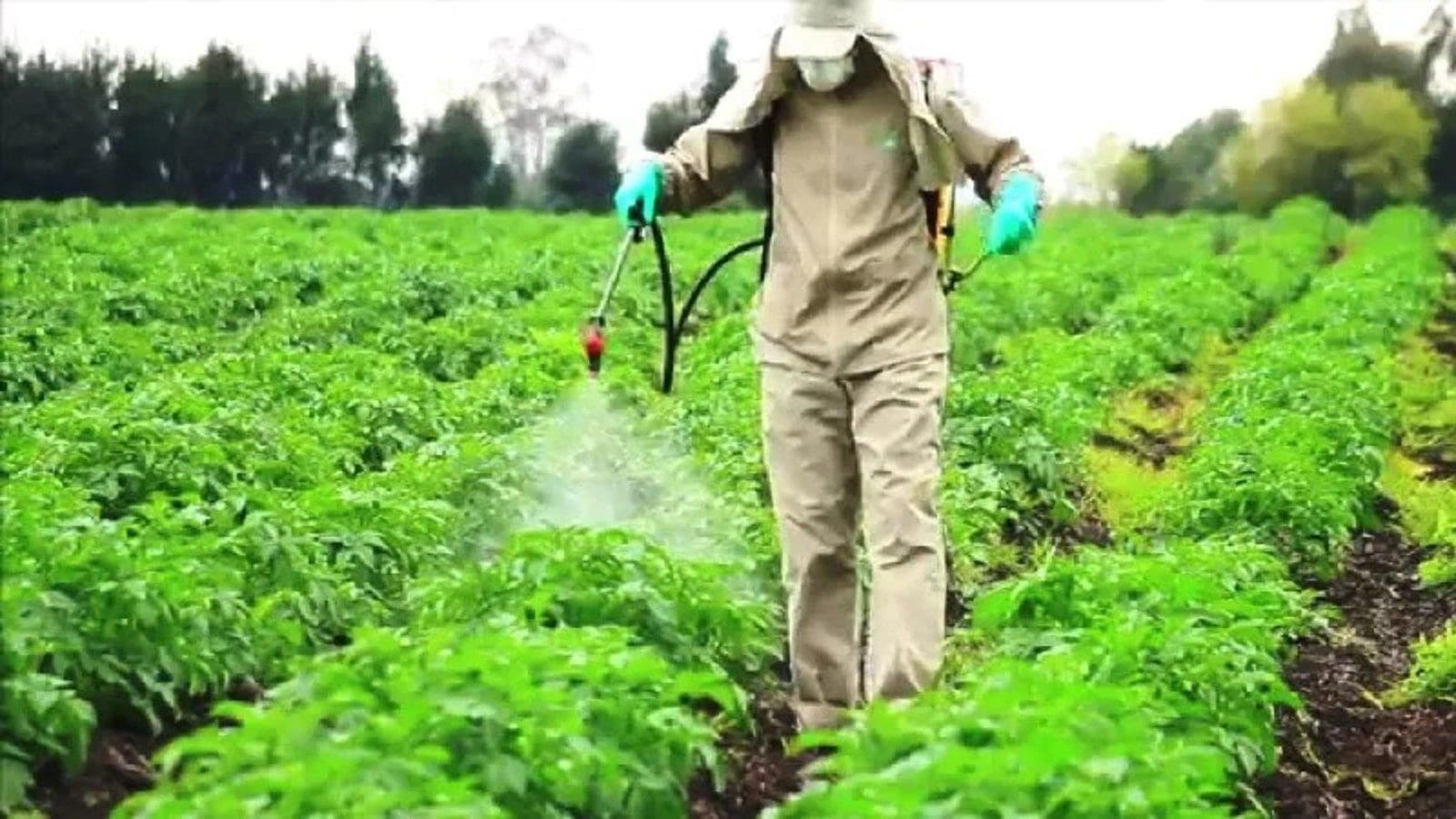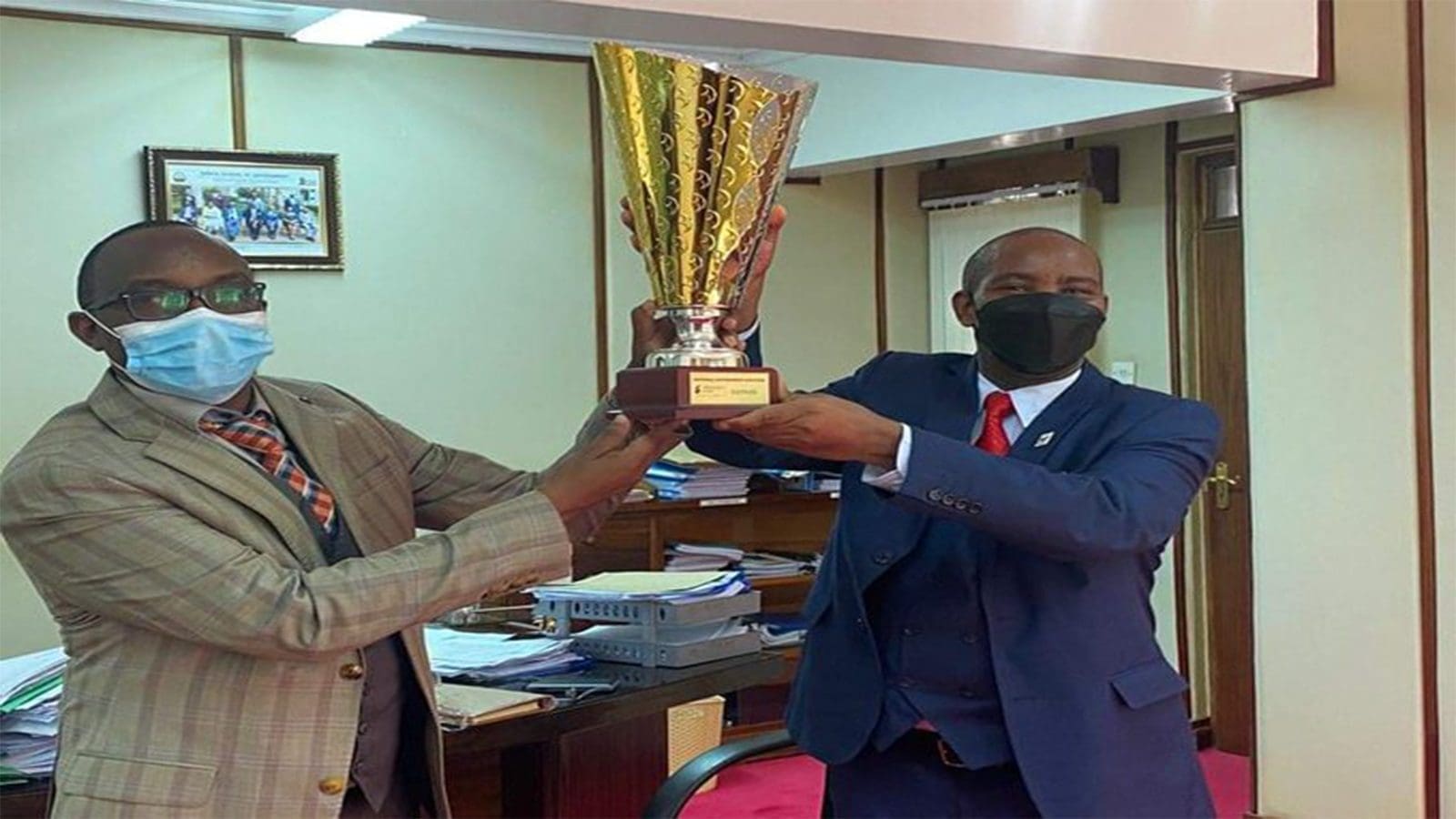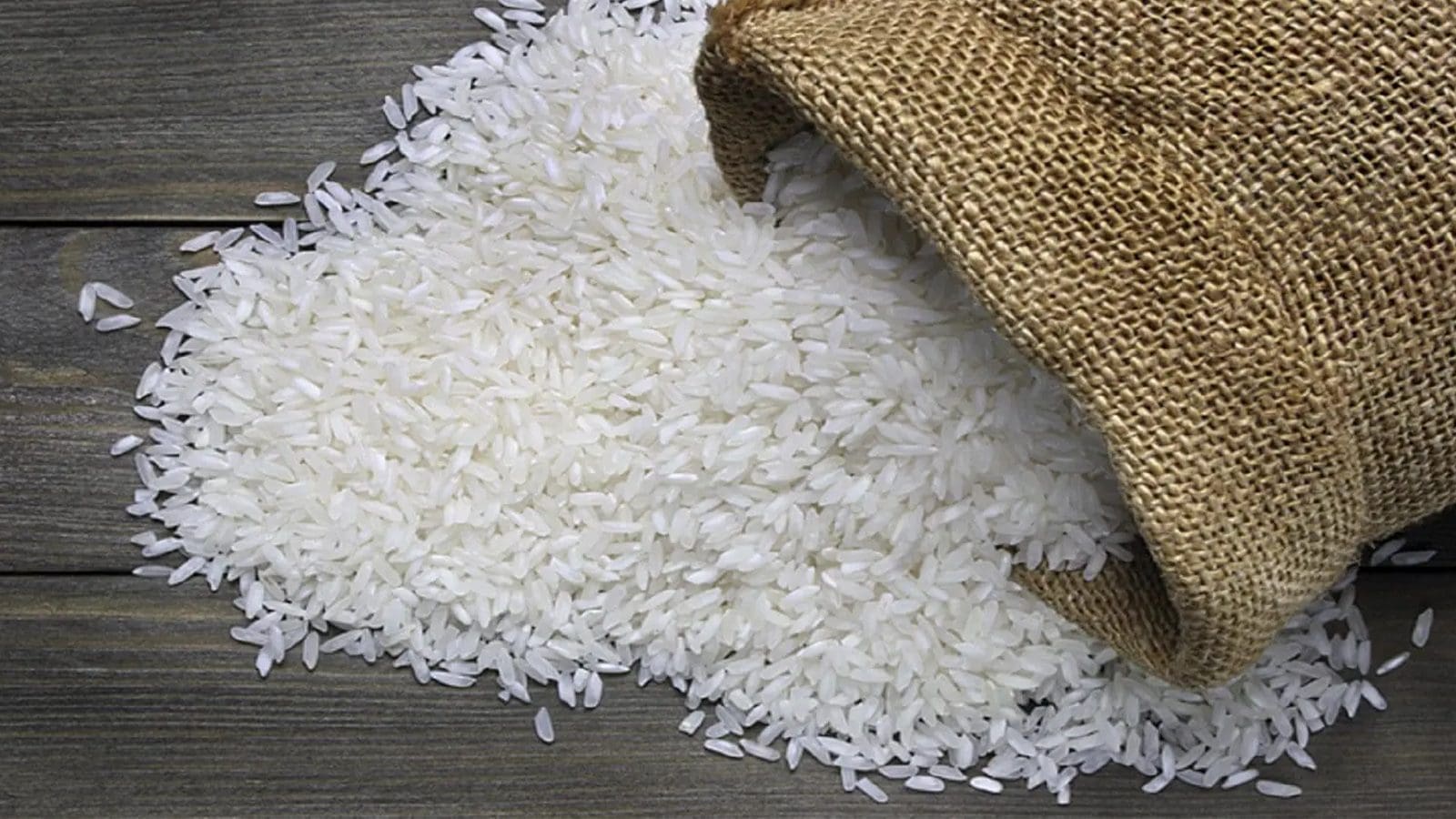FRANCE – Following much epidemiological, microbiological and traceability work, French authorities have linked Nestle’s Buitoni brand Fraîch’Up pizza to recent cases of Shiga toxin-producing E. coli (STEC) infections.
Pizzas sold since June 2021 were withdrawn and recalled in mid-March 2022 after Nestlé was told about the presence of E. coli O26 in dough used to make them.
Santé publique France, the Directorate General for Food (DGAL), Directorate General for Competition, Consumption and the Repression of Fraud (DGCCRF), and Directorate General for Health are analyzing all cases of pediatric hemolytic uremic syndrome (HUS) reported in 2022.
HUS is a type of kidney failure associated with E. coli infections that can result in lifelong, serious health problems and death.
The officials are investigating a total of 75 infections including 41 cases of HUS that appear to be linked. In a previous update, health officials said 27 cases of HUS or serious infection had been identified with 31 others being investigated.
Among the infected are children aged between 1-18 years with most of them falling ill between early January and March this year. Unfortunately, some of the cases have proved fatal leading to the death of two children.
In France, STEC surveillance is based only on HUS in children younger than 15, so it only catches the most severe cases of E. coli infection. It is unknown how many adults might be infected, as reported by Food Safety News.
Sixteen of the 75 cases live in Hauts-de-France, 11 in Nouvelle Aquitaine, 10 in Pays de la Loire, nine in Ile-de-France, seven in Bretagne, five in Grand Est, four each in Auvergne-Rhône-Alpes and Centre Val-de-Loire, three in Provence-Alpes-Côte d’Azur, two in Bourgogne Franche-Comté, Normandie and Occitanie.
Consumers who purchased Fraîch’Up frozen pizzas have been advised not to eat them and throw them away. All lots are affected and expiration dates range from June 1, 2022 to March 31, 2023. A recall has also been issued in Slovenia, Belgium and Luxembourg.
Buitoni officials said the company will cooperate with authorities to get to the root cause of the contamination and informed that they have since seized production.
“First of all, we would like to show our support to the families affected. This situation is all the more intolerable to us as children are concerned. The quality and safety of our products is and will remain our first priority. To date, the origin of the bacteria in the Fraîch’Up pizza remains undetermined,” said the company in a statement.
The company is also carrying out its own independent research.
“We are surrounding ourselves with all the necessary experts, internal and external. Production will not restart until the cause of this contamination has been identified so that the necessary corrective measures can be taken,” Buitoni said.
Shiga toxin-producing E. coli
E.coli are mostly harmless bacteria that live in the intestines of people and animals and contribute to intestinal health. However, a few strains, such as E. coli O157:H7, can cause severe stomach cramps, bloody diarrhea and vomiting.
Different types of E. coli tend to contaminate different types of foods and water. Previous U.S. outbreaks of pathogenic E. coli have included leafy greens, sprouts, raw milk and cheeses, and raw beef and poultry.
Shiga toxin-producing E. coli (STEC), including E. coli O157:H7, can be particularly dangerous. The primary sources of STEC outbreaks are raw or undercooked ground meat products, raw milk and cheeses, and contaminated vegetables and sprouts.
E.coli O157:H7 infection usually begins three or four days after exposure to the bacteria but symptoms can even manifest a week later. Healthy adults typically recover from infection with E. coli O157:H7 within a week. Young children and older adults have a greater risk of developing a life-threatening form of kidney failure.
Liked this article? Subscribe to Food Safety Africa News, our regular email newsletters with the latest news insights from Africa and the World’s food safety, quality and compliance. SUBSCRIBE HERE








